Jose Ortega Y Gasset the Philosopher, biography, facts and quotes
Ortega y Gasset, en cómic Cultura Home EL MUNDO

José Ortega y Gasset (Spanish: [xoˈse oɾˈteɣaj ɣaˈset]; 9 May 1883 - 18 October 1955) was a Spanish philosopher and essayist.He worked during the first half of the 20th century while Spain oscillated between monarchy, republicanism, and dictatorship.His philosophy has been characterized as a "philosophy of life" that "comprised a long-hidden beginning in a pragmatist metaphysics.
José Ortega y Gasset Radio Sefarad

Publication date. 1929. The Revolt of the Masses ( Spanish: La rebelión de las masas, pronounced [la reβeˈljon de las ˈmasas]) is a book by José Ortega y Gasset. It was first published as a series of articles in the newspaper El Sol in 1929, and as a book in 1930; the English translation, first published two years later, was authorized by.
Aprender acerca 85+ imagen biografia de ortega y gasset Viaterra.mx

José Ortega y Gasset (1883—1955) In the roughly 6,000 pages that Spanish philosopher José Ortega y Gasset wrote on the humanities, he covered a wide variety of topics. This captures the kind of thinker he was: one who cannot be strictly categorized to any one school of philosophy. José Ortega y Gasset did not want to constrain himself to.
Ortega y Gasset y la rebelión de las masas

The Revolt of the Masses. Paperback - February 17, 1994. Social upheaval in early 20th-century Europe is the historical setting for this seminal study by the Spanish philosopher, José Ortega y Gasset. Continuously in print since 1932, Ortega's vision of Western culture as sinking to its lowest common denominator and drifting toward chaos.
FILOSOFÍA DE ORTEGA Y GASSET FILOSOFIA Y MAS®

The globalization of mass man may well reveal whether Ortega was right about the possibility of "the total disappearance of man as man and his silent return to the animal scale.". The Revolt of the Masses by José Ortega y Gasset. 0. Print. Email. Prev Article Next Article Articles by Joseph Bottum . Comments are visible to subscribers.
José Ortega y Gasset, 1932 Cultura EL PAÍS
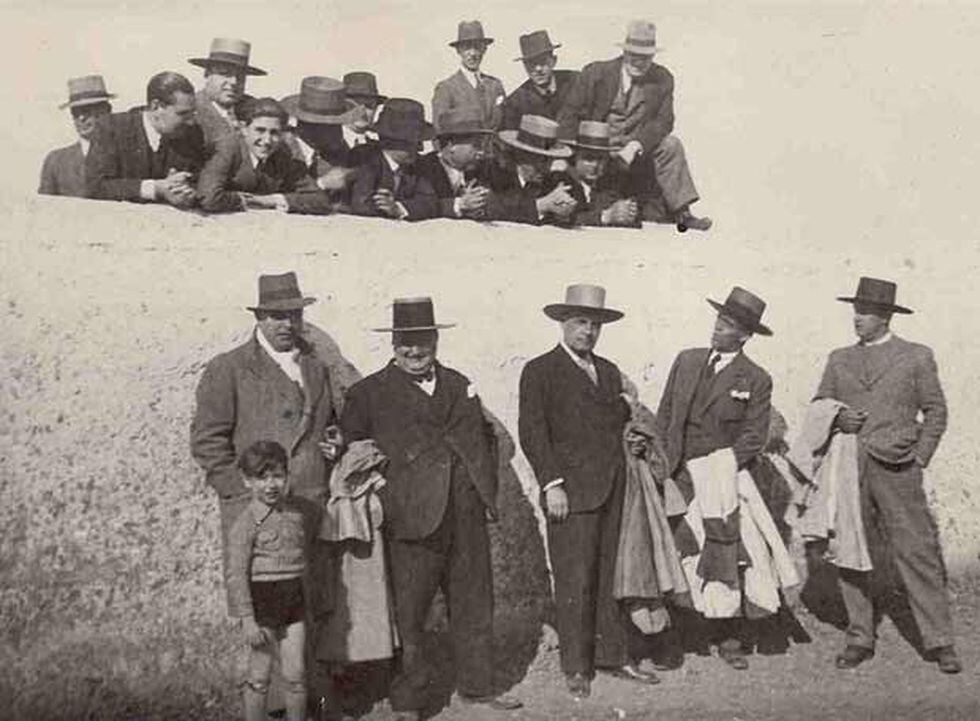
When H.G. Wells published The Shape of Things to Come in 1933 he dedicated it to "Jos é Ortega y Gasset, Explorador." Wells had been an explorer of that other country, the future, since The Time.
José Ortega y Gasset, filósofo y ensayista español. Instituto Corman
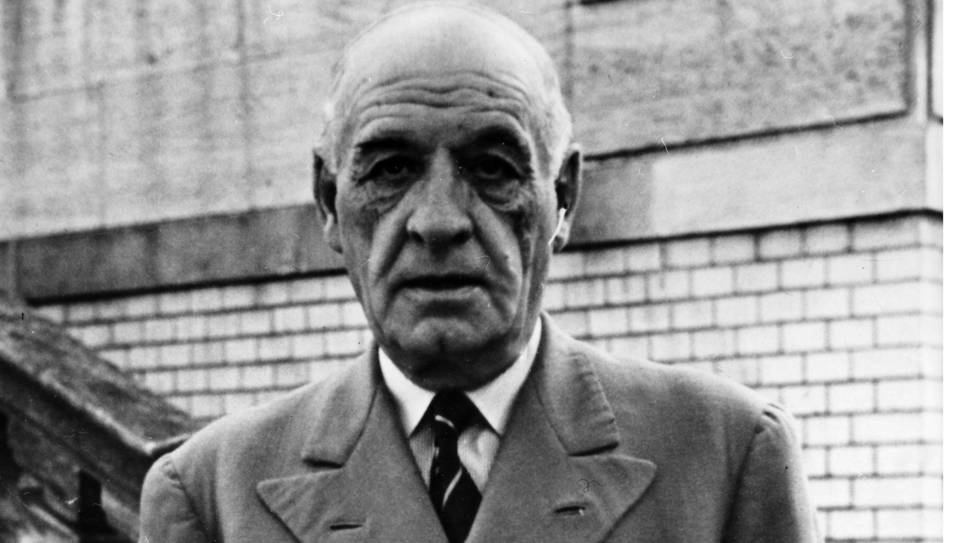
This book is first and foremost a detailed and meticulous study of Ortega y Gasset''s The Revolt of the Masses (1930). No other up-to-date books explore this thinker and his great work. Most importantly, the author demonstrates the relevance and importance of Ortega y Gasset''s thought and his The Revolt of the Masses for today''s world, showing, for instance, how Ortega''s categories like.
Ortega y gasset hires stock photography and images Alamy

JOSÉ ORTEGA Y GASSETT Ortega y Gasset, Jose (1883-1955) - Spanish philosopher, essayist, and critic. One of the twentieth century's greatest thinkers. Revolt of the Masses (1930) - He. Ortega states that the mass-man could be from any social background, but his specific target is the bourgeois educated man, the señorito satisfecho.
¿A qué se llama pensar?

José Ortega y Gasset (1883-1955) was a prolific and distinguished Spanish philosopher in the twentieth century.. select minorities", "mass man", and "mass society". For Ortega, "mass man" and "mass society" are manifestations of social and historical phenomena that are perceptible, in part, through the objective factor.
Ortega y Gasset Larga vida al hombre masa Ethic Ethic

José Ortega y Gasset. Publication date 1932 Usage Public Domain Mark 1.0 Topics The Revolt of the Masses, José Ortega y Gasset, José Ortega, Gasset, Mass man, Civilization, masses, society, Western Civilization,.
PPT José Ortega y Gasset (18831955) PowerPoint Presentation, free download ID5244298

Falls Church. In The Revolt of the Masses, Spanish philosopher José Ortega y Gasset discussed the nature of the modern "mass-man" and the risks this mentality posed for the health of liberal democracy. Written in 1930, Ortega's thesis of the revolting masses is relevant today.
Encuentros con Ortega y Gasset Martin Heidegger Dialektika
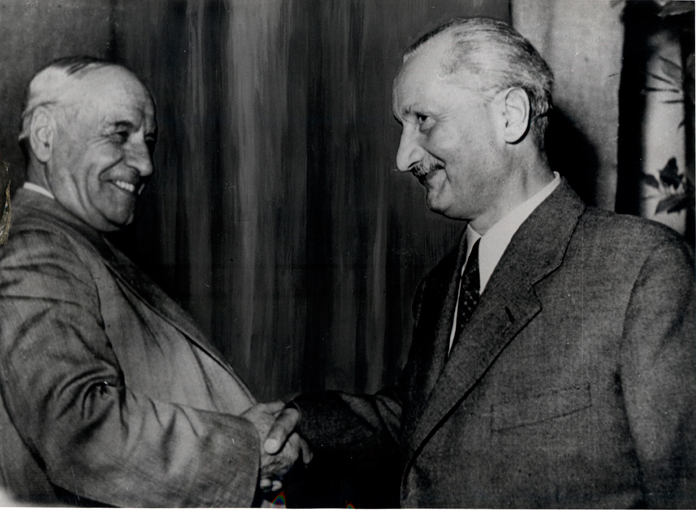
Books. Revolt of the Masses. Jose Ortega Gasset. WW Norton, Jan 4, 1994 - Social Science - 192 pages. Social upheaval in early twentieth-century Europe is the historical setting for this seminal study by the Spanish philosopher Jos?Ortega y Gasset of the "mass man"?he phenomenon of mass culture that more than any other factor stamps the.
José Ortega y Gasset Store norske leksikon
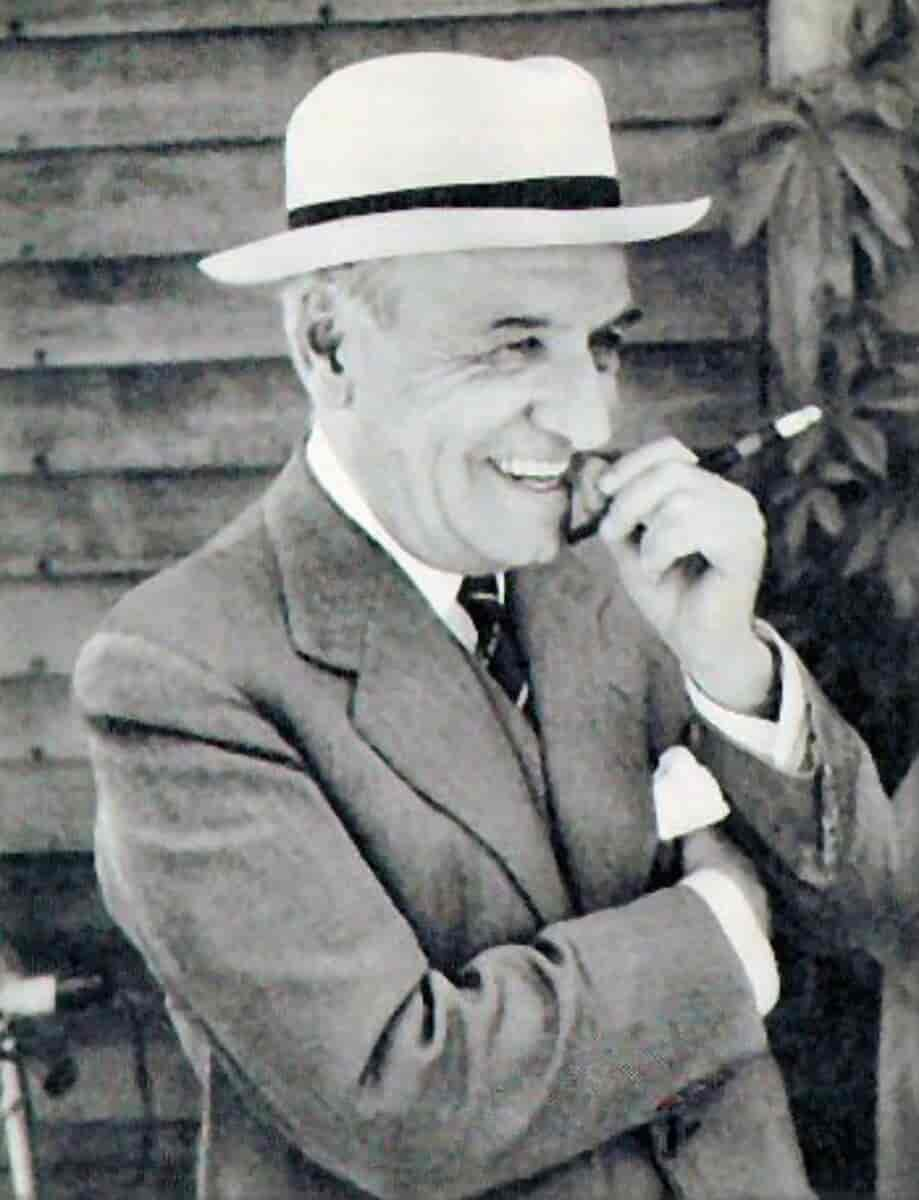
The "mass-man" of which Ortega refers throughout the text, is a representation of the average man, of which the masses are composed of. With the use of psychological and philosophical distinctions, Ortega distinguishes between two groups within a society—the masses and the minority.. — José Ortega y Gasset, The Revolt of the Masses.
José Ortega y Gasset exilio y enfermedad
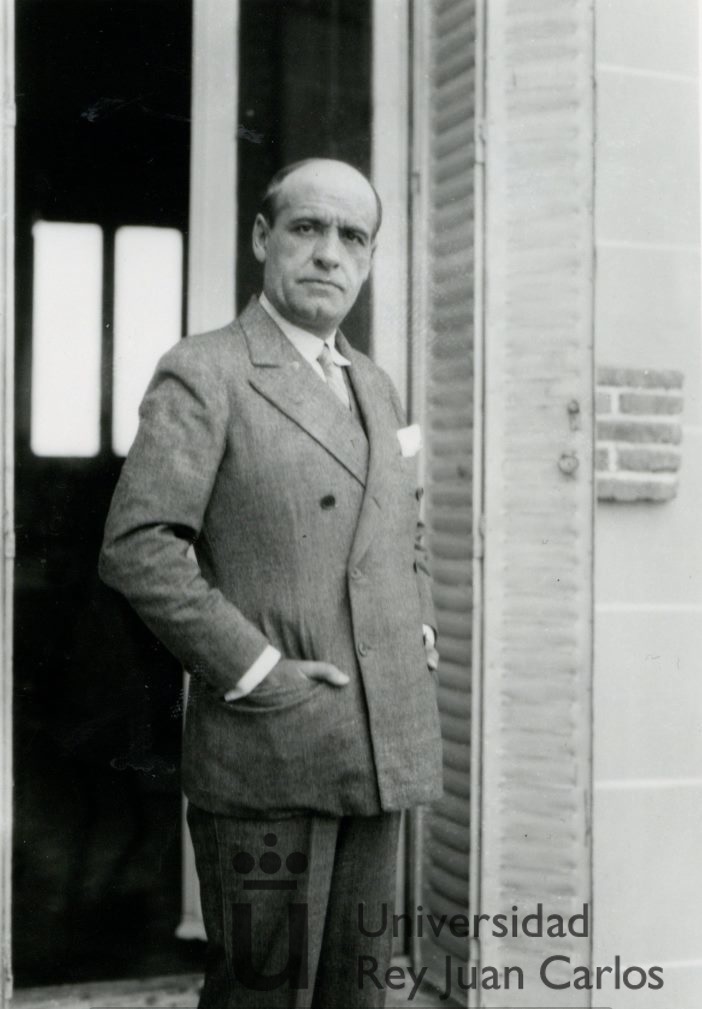
This book, first published in 1930 and reissued in 1961, examines the Western phenomenon of the rise of the 'mass-man'. Analysing the state of society before the Second World War, acclaimed philosopher Ortega y Gasset lays bare the problems that faced the countries of Europe in a book that resonates today in the imposition of direct action over discussion.
Biografía de José Ortega y Gasset YouTube

Summary. The Revolt of the Masses had its seeds in an earlier book by José Ortega y Gasset, España invertebrada (1922; Invertebrate Spain, 1937), in an article titled "Masas" (1926), and.
La rebelión de Ortega y Gasset La rebelión de las masas, José Ortega y Gasset, Oswald Spengler

The Revolt of the Masses, by José Ortega y Gasset [W. W. Norton, $2.75]. He divides all humanity into two categories: the 'mass-man' and the 'select man.' The mass-man is he who.
.